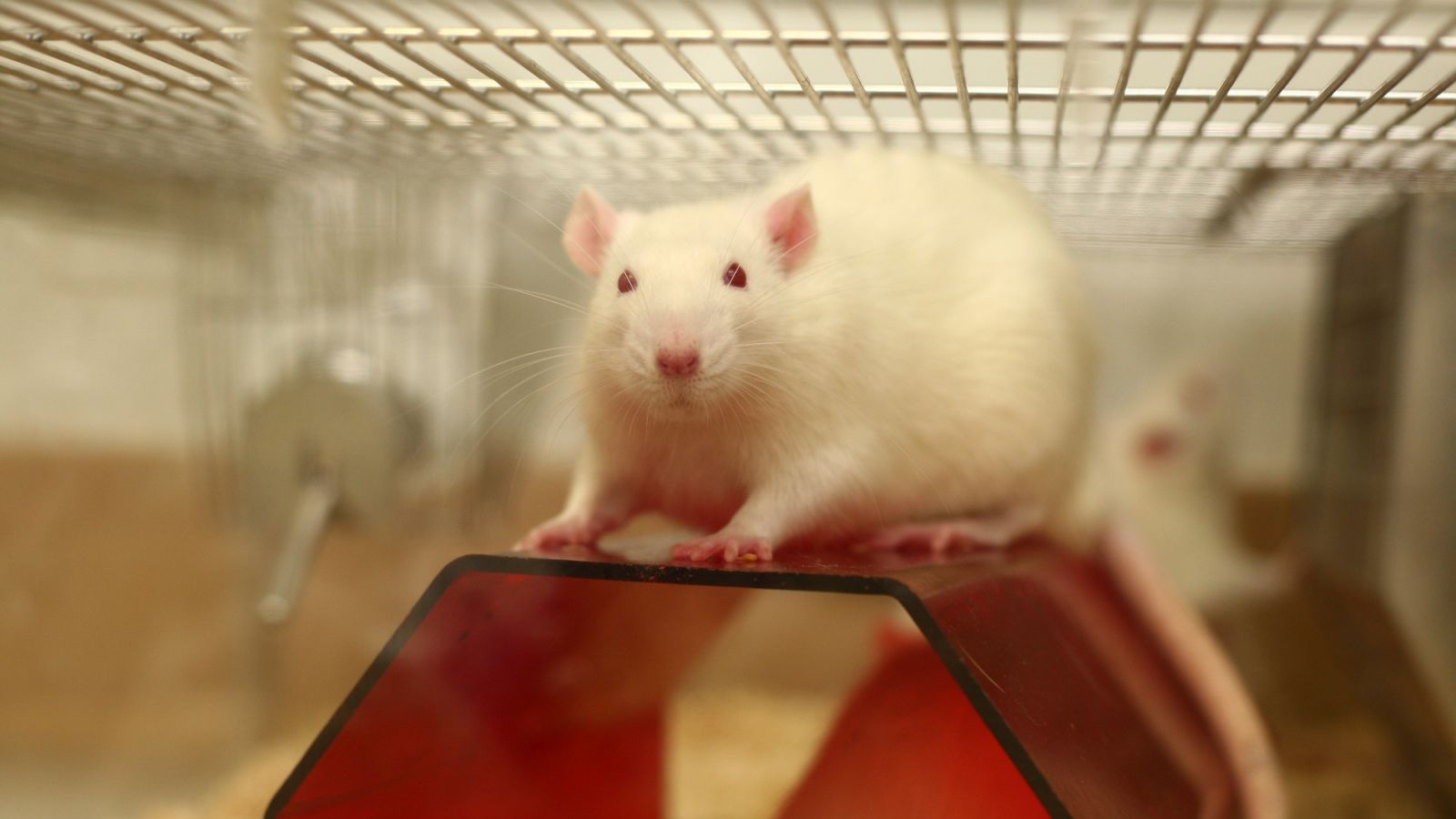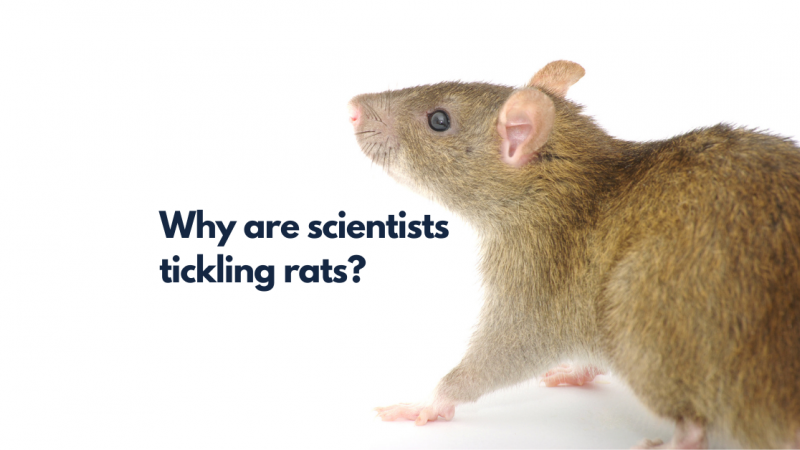A hormone has been found that boosts the memory of an unpleasant experience in rats. The findings could lead to treatments that enhance memory formation.
Understanding how memories form and are strengthened is critical to cognitive enhancement therapies for diseases such as Alzheimer's.
Researchers gave rats a memory of an unpleasant experience. They placed the rats in a box that was half light and half dark. When the rats moved into the dark side of the box they were given a small electric shock to the feet. This created a memory reminding the rats not to go into the dark area.
Researchers found a hormone called IGF-II increased in their brains after the fear memory had formed. Researchers then injected the hormone, which is similar to insulin, into the rats' brains. This boosted the rats' memory of the foot shock. They wouldn't venture into the dark area for up to three weeks after the initial memory was formed. However, the hormone was found to be ineffective if given more than a day after the initial experience.
Researchers were also able to block the increase in IGF-II when the memory was formed. This stopped the formation of the memory so that the rats still ventured into the dark area. As the study only considered memories that involve fear it is unclear whether IGF-II can boost memories in sufferers of Alzheimer's disease or dementia.
Read more about Alzheimer's disease here.
Last edited: 6 April 2022 14:57



